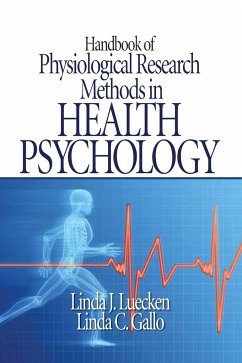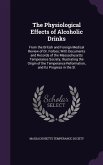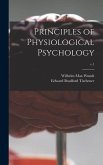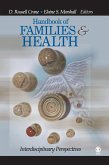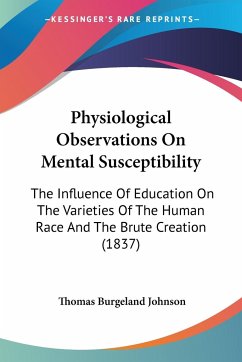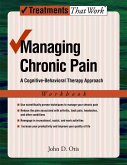The field of health psychology has exploded in the last decade due to progress identifying physiological mechanisms by which psychological, social, and behavioral factors can put people's health and well-being at risk. In addition, development of accessible methods for measurement of key physiological parameters such as hormonal function have made the inclusion of physiological outcomes attractive to researchers who have traditionally focused solely on psychosocial variables. This desire to include biological assessments as additional outcome variables is further influenced by strong interest of key funding agencies, such as NIH, in multi-method research proposals that consider an integrated, biopsychosocial approach to evaluation of psychosocial phenomena. Despite the growing enthusiasm for integrating biological measures with psychosocial assessment, most psychologists are not well-trained in physiology and are confused about when, how, and which physiological systems should be incorporated into research projects. This handbook therefore provides thorough, state-of-the-art, and user-friendly coverage of basic techniques for measurement of physiological variables in health psychology research. It is designed to serve as a primary reference source for researchers and students interested in expanding their research to consider a biopsychosocial approach. Chapters addressing key physiological measuresáhave been written by international experts with an eye towards documenting essential information that must be considered in order to accurately and reliably measure biological samples. The book is not intended to be a lab manual of specific biomedical techniques, nor is it intended to provide extensive physiological or anatomical information. Rather, it takesthe approach most useful for a non-specialist who seeks guidance on how and when to collect biological measures but who will have the actual samples assayed elsewhere. The handbook can be thought of as a primer or a gateway book for researchers new to the area of physiological measurement and for readers who would like to better understand the meaning of physiological measures they encounter in research reports.
Hinweis: Dieser Artikel kann nur an eine deutsche Lieferadresse ausgeliefert werden.
Hinweis: Dieser Artikel kann nur an eine deutsche Lieferadresse ausgeliefert werden.

